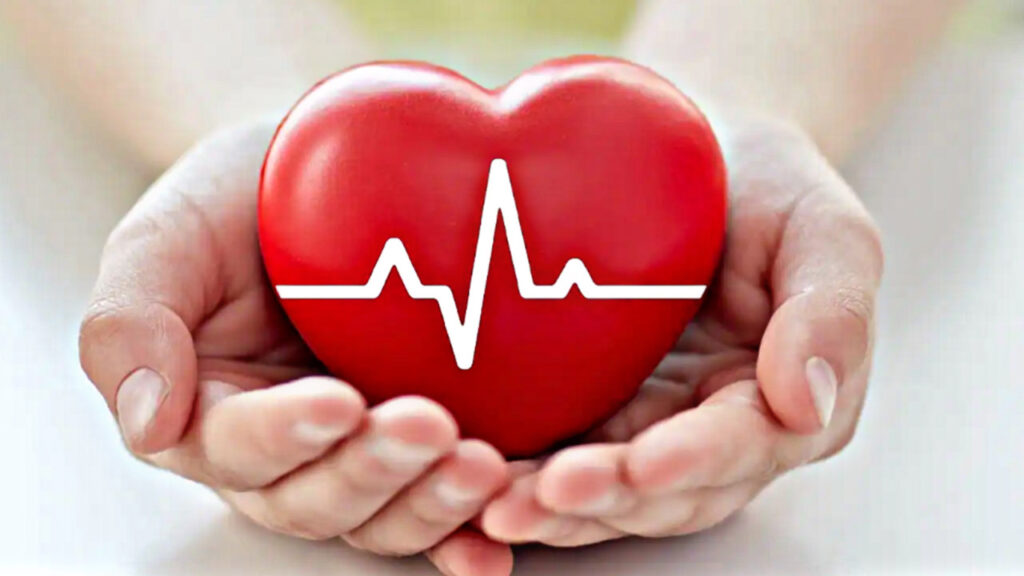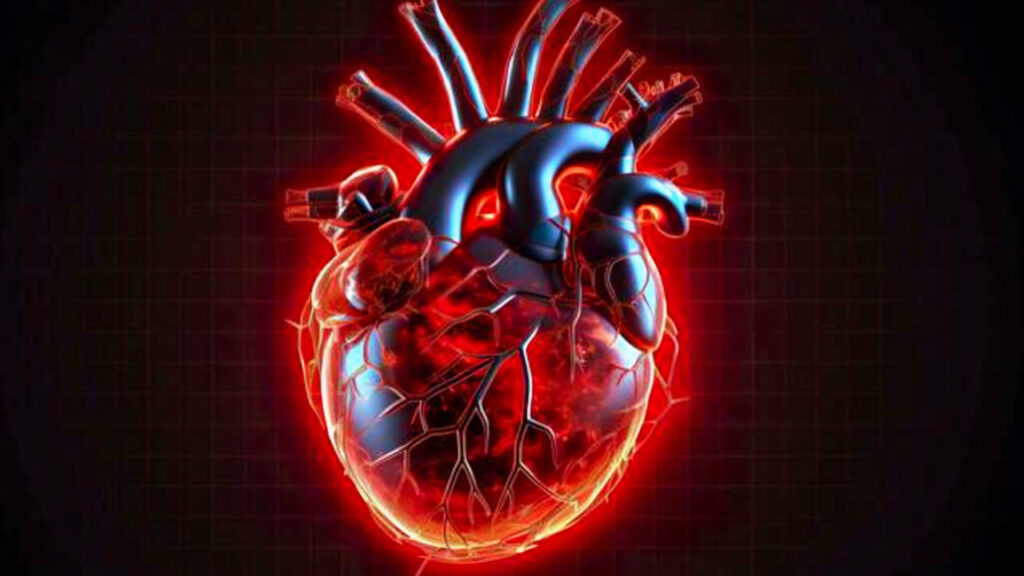Heart
Maintaining a healthy heart is vital for overall well-being, and early detection of heart disease risk can be life-saving. Cardiologists emphasize the importance of regular medical tests to identify potential heart problems before symptoms arise. These tests help assess your cardiovascular health, allowing timely intervention and lifestyle adjustments to reduce the risk of heart disease.

Why Early Detection Matters
Heart disease is one of the leading causes of death worldwide. Often, the damage caused by heart problems goes unnoticed until it leads to serious events such as heart attacks or strokes. By detecting risk factors early, you can work with your healthcare provider to manage them effectively and prevent complications.
Key Cardiologist-Recommended Tests for Heart Disease Risk
- Lipid Profile Test
This blood test measures the levels of cholesterol and triglycerides in your bloodstream. High levels of LDL (low-density lipoprotein) cholesterol, often called “bad cholesterol,” can cause plaque buildup in arteries, increasing the risk of atherosclerosis and heart attacks. Meanwhile, HDL (high-density lipoprotein) cholesterol helps remove bad cholesterol from the bloodstream. Regular lipid profile tests are crucial to monitor your cholesterol levels and guide dietary or medication plans.
- Electrocardiogram (ECG or EKG)
An ECG records the electrical activity of your heart and helps detect irregular heart rhythms, previous heart attacks, and other heart abnormalities. It’s a quick, non-invasive test that provides valuable insights into your heart’s condition, especially if you experience symptoms like chest pain, palpitations, or shortness of breath.
- Echocardiogram
This ultrasound-based test uses sound waves to create images of your heart’s structure and function. It can reveal issues such as valve problems, heart muscle damage, or abnormalities in blood flow. Echocardiograms provide detailed information that helps cardiologists diagnose and monitor heart disease accurately.
- Stress Test
A stress test evaluates how well your heart performs under physical exertion. During this test, you may be asked to walk on a treadmill or pedal a stationary bike while your heart rate, blood pressure, and ECG are monitored. Stress tests are helpful in detecting coronary artery disease, especially if symptoms only appear during physical activity.
- Blood Pressure Monitoring
High blood pressure (hypertension) is a major risk factor for heart disease. Regular blood pressure checks can identify hypertension early, allowing for lifestyle changes or medication to keep it under control. Ambulatory blood pressure monitoring, which records blood pressure at regular intervals throughout the day, can provide a more accurate picture than a single reading at the doctor’s office.
- Coronary Calcium Scan
This specialized CT scan measures calcium deposits in the coronary arteries. Calcium buildup is a sign of atherosclerosis and can indicate an increased risk of heart attacks. This test is especially recommended for individuals with intermediate risk, helping doctors decide if further preventive measures are necessary.
Taking Charge of Your Heart Health

While these tests are invaluable, they work best in combination with healthy lifestyle choices. Regular exercise, a balanced diet, avoiding tobacco, managing stress, and keeping weight in check all play critical roles in protecting your heart.
Consulting a cardiologist for appropriate testing based on your personal and family medical history is the first step to safeguarding your heart. Early detection allows for personalized treatment plans that can dramatically improve long-term heart health and quality of life.





